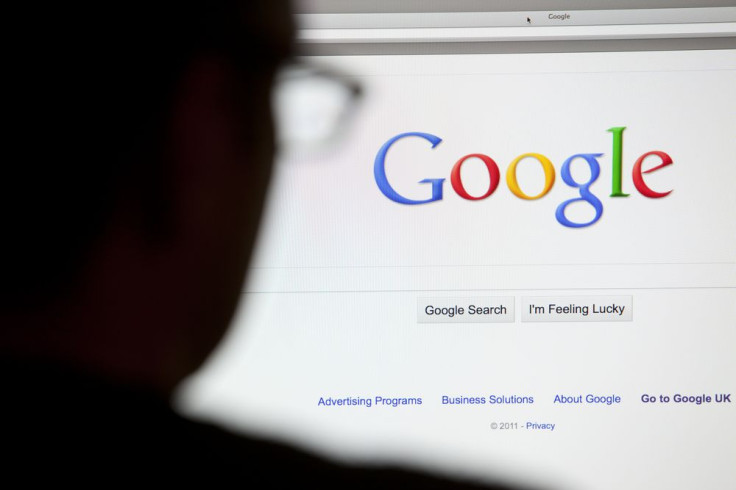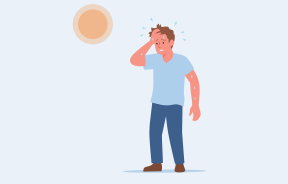Dr. Google Breeds Hypochondria By Scaring People Into Thinking The Worst

At first sight of a tender muscle or shooting pain, most people don’t dial their doctor’s cell to have him make a house call. They Google it. But oftentimes, if the ailment is hard to describe or otherwise ambiguous, they end up with a handful of options that range from the relatively benign to the catastrophic. Worse, they could use that information to self-medicate.
A new study suggests so-called “Dr. Google” is really kind of a quack, which is a problem for the some five billion monthly searches that relate to information about health. When we need help doing some work on our car or fixing a leaky pipe, Google searches are invaluable. But when our health is on the line, researchers argue the stakes of self-diagnosis are simply too high.
On the bright side, if you already know what you have, Internet searches can offer some helpful insights. “They are great for providing a wealth of information about illnesses and diseases, so if you search for something like jaundice you'll have a lot of useful results,” said Dr. Guido Zuccon, lead investigator in the study, of Queensland University of Technology's Information Systems School, in a statement. The problem is, we need Google to act as more than just an encyclopedia.
In their research, Zuccon and his team found that when people saw pictures of certain conditions and searched the symptoms, Google and Bing returned pertinent results, on average, in only three out of the first 10 entries. The rest dealt with unrelated conditions that, Zuccon feared, could lead to alarmist behavior.
“If you don't get a clear diagnosis after one search, you would likely be tempted to keep searching,” he said. “So if you had searched for the symptoms of something like a bad head cold, you could end up thinking you had something far more serious, like an issue with the brain.”
Past research into women’s search habits during pregnancy show similar trends. In 2008, scientists combed through Google and Yahoo! searches for the terms “cerebral palsy,” “birth trauma,” “shoulder dystocia,” “forceps delivery,” “epidural,” and “cesarean section.” To their dismay, less than four percent of all first-page results were created or sponsored by OBGYNs — a troubling statistic given that the first eight weeks of pregnancy generally don’t involve any trips to the doctor. In the interim, Google presides.
Zuccon argues the resultant “cyberchondria” people experience — the fear that they have something worse than they actually do — isn’t entirely people’s fault. The Internet isn’t a luxury anymore. People demand up-to-the-minute information about their health, and the tools of search engines must be smart enough to accommodate that need. Unfortunately, the sites’ algorithms prioritize results according to different metrics.
“For example,” Zuccon said, “pages about brain cancer are more popular than pages about the flu, so the user is driven to these results.”
In the future, he and his team hope to develop a more precise set of algorithms tailored to health-related searches. They are working with colleagues from CSIRO in Brisbane and Vienna University of Technology to “return pages that consumers find easier to understand, while maintaining the relevancy and correctness of the medical information presented.”
Source: Zuccon G, Koopman B, Palotti J. Diagnose this if you can: On the effectiveness of search engines in finding medical self-diagnosis information. 37th European Conference on Information Retrieval. 2015.
Published by Medicaldaily.com



























